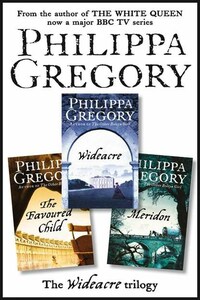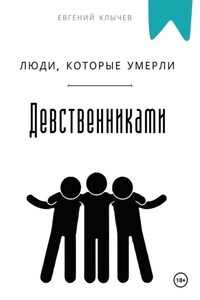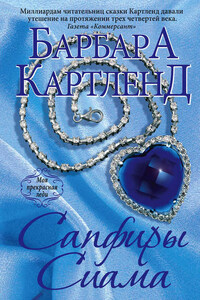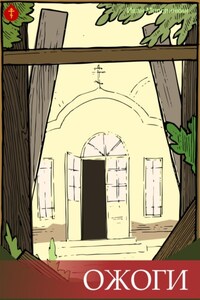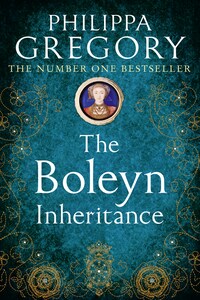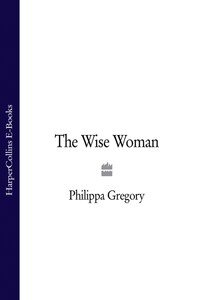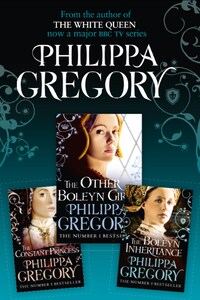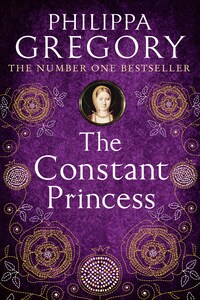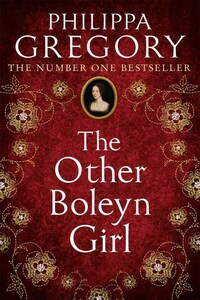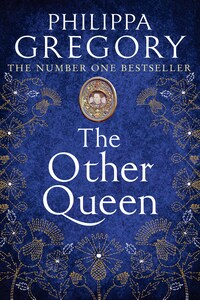Wideacre Hall faces due south and the sun shines all day on the yellow stone until it is warm and powdery to the touch. The sun travels from gable end to gable end so the front of the house is never in shadow. When I was a small child, collecting petals in the rose garden, or loitering at the back of the house in the stable yard, it seemed that Wideacre was the very centre of the world with the sun defining our boundaries in the east at dawn, until it sank over our hills in the west in the red and pink evening. The great arch it traced in the sky over Wideacre seemed to me a suitable boundary for our vertical influence. Behind the sun was God and the angels; beneath it, and far more significantly, ruled the Squire, my father.
I cannot remember a time before I loved him, the blond, red-faced, loud Englishman. I suppose there must have been a time when I was confined to a white-frilled crib in the nursery; I suppose I must have taken my first steps clinging tight to my mother’s hand. But I have no childish memories of my mother at all. Wideacre filled my consciousness, and the Squire of Wideacre dominated me as he ruled the world.
My first, my earliest childhood memory is of someone lifting me up to my father as he towered above me in the saddle of his chestnut hunter. My little legs dangled helplessly in space as I rose up the yawning void to the great chestnut shoulder – a hot, red rockface to my surprised eyes – and up to the hard, greasy saddle. Then my father’s arm was tight round my body and his hand tucked me securely before him. He let me grip the reins in one hand and the pommel in the other, and my gaze locked on the coarse russet mane and the shiny leather. Then the monster beneath me moved and I clutched in fright. His pace was erratic and rolling to me, and the long gap between each great stride caught me unawares. But my father’s arm held tight and I gradually raised my eyes from the muscled, steamy shoulder of the mountainous horse, up his long neck to his pointy signalling ears … and then the sweep of Wideacre burst upon me.
The horse was walking down the great avenue of beech and oak that leads to the house. The dappled shadows of the trees lay across the springing grass and the rutted mud tracks. In the banks glowed the pale yellow of spring primroses and the brighter sunshine yellow of celandine. The smell, the dark, damp smell of rain-wet earth filled the arch of the trees like birdsong.
A drainage ditch runs alongside the drive, its yellow stones and white sand rinsed clean by the trickle of water. From my rolling vantage point I could at last see a clear view of its length, even where the black leafmould at the banks carried the tiny, forked hoofprints of nighttime deer.
‘All right, Beatrice?’ My father’s voice behind me was a rumble I could feel in my tense, skinny little body as well as hear. I nodded. To see the trees of Wideacre, to smell the earth of it, to be out among the breath of wind of Wideacre, bonnetless, carriageless and motherless, was beyond words.
‘Like to try a trot?’ he asked.
I nodded again, tightening my small hands on the saddle and reins. At once the giant strides altered and all around me the trees lurched and jigged as the horizon moved in great sickening leaps. I bobbed like a cork in a spring-flood river, sliding painfully to one side, and then, perilously, correcting. Then I heard my father click to the horse and the stride lengthened. Wonderfully, the horizon steadied, but the trees sped past. I regained my balance and, though the ground flashed by under the thudding hoofs, I could breathe and look around again. Your first canter is the fastest speed you will ever go. I clung like a louse to the saddle and felt the spring wind in my face, and saw the shadows of the trees flash light and shade across me as the chestnut mane streamed, and I could feel a great burble of delighted laughter and scream of fear gather in my throat.
On our left the woods were thinning and the steep bank dropped away, so I could see through the trees to the fields beyond, already brightening with the spring growth. In one a hare, large as a hound puppy, stood on its hind legs to watch us go by, its black-tipped ears pointed to hear the thud of the hoofs and the jingle of the bit. In the next field a line of women, drab against the deep black of the ploughed field, bent double over the furrows, picking, picking, picking, like sparrows on the broad back of a black cow, clearing the earth of flints before sowing.
Then the sliding scenery slowed and slowed as the hunter dropped into a teeth-chattering trot again, and then pulled up at the closed gates. A woman erupted from the open back door of the lodge house and scuttled through a scatter of hens to swing open a tall iron gate.
